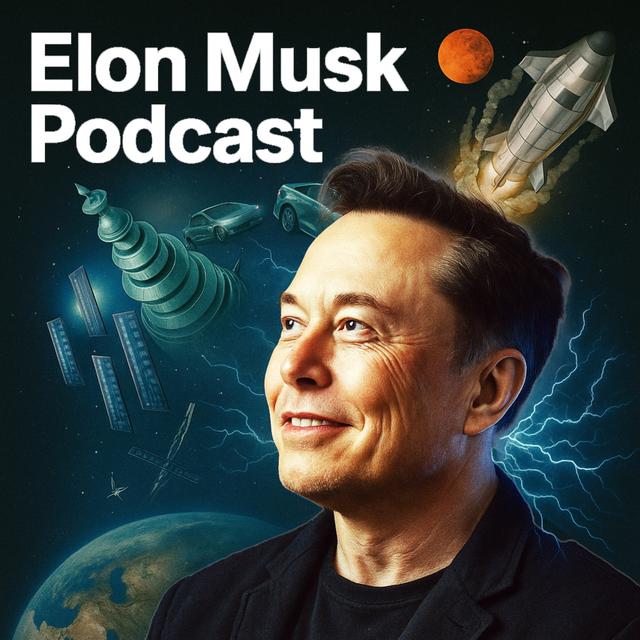Elon Musk is injecting personal rivalry into international business. But imagine if a feud between two tech billionaires could shape US foreign strategy and global AI development. Could that now be happening in the Middle East? So earlier this month, Open AI, Oracle, NVIDIA, Cisco and Emirati tech firm G42 announced they would jointly build an expansive AI campus in the UAE. The project, called Stargate EMSA, turned the UAE into a central hub for artificial intelligence research and
infrastructure. But soon after this announcement, Elon Musk attempted to intervene and derail the agreement. His issue? Open AI, led by Sam Altman, his former ally turned adversary, was tapped for the deal, while his own company, XAI, was left out entirely. This wasn't a subtle push. According to a person directly familiar with the situation, Musk actively contacted parties involved to express frustration and to argue that President Donald Trump would not approve
the deal in its current form. The backlash caused the delay of several days in making the Stargate agreement public as stakeholders, including the White House, scrambled to deal with Musk's objections. Now, the US government didn't publicly acknowledge Musk's role in the delay. White House press secretary Kelly Levitt instead issued a broad statement praising the partnership between the US and UAE as a groundbreaking framework to accelerate EI
infrastructure. She credited Donald Trump and his team for securing the deal, which she said would benefit both nations. Still, Musk's fingerprints were all over it. He was not in the UAE when the deal was finalized, but he had recently accompanied President Trump in Saudi Arabia during a Middle East trip. You know, A senior White House official confirmed Musk had raised concerns directly to the administration about whether all AI firms were receiving fair treatment.
Now, Musk has long positioned himself as a central figure in the USAI policy. Currently heads the Department of Government Efficiency. Temporary role in the Trump administration aimed at shrinking the federal workforce. And Musk helped fund Trump's campaign with close to $300 million. In a sense taken on a highly miscible political and technological role. Now his animosity towards Sam Altman dates back years,
decades. Both helped Co found Open AI in 2015 as a not profit research venture. But as Open AI evolved, particularly after its strategic partnership with Microsoft and transition toward a for profit structure, Elon Musk became increasingly hostile. He left the company, then publicly criticized it for abandoning its original mission. Now, this year, Elon Musk sued Open AI for breach of contract and attempted to block its
corporate restructuring. In February, he even LED an investor bid to acquire the company outright for $97.4 billion, but he ultimately failed at that. They said no thank you Elon, we'll do it ourselves. Meanwhile, Musk has been expanding X AI, the rival
artificial intelligence startup. He launched a counter Open AI recently acquired full ownership of X, the social platform that he bought from Twitter, and it started embedding XA is Grok into both X and Telegram, and Musk argued that Grok offers a less censored, more truthful version of generative AI. Now the Stargate project has become a flashpoint in his
rivalry. In January, Trump announced the initiative with Open AI, Oracle and SoftBank, pledging a massive $100 billion in additional capital, with potential for that to grow to $500 billion / 4 years now. Musk quickly dismissed the plan on X. He claimed that the financial backing behind Stargate wasn't real. He argued the SoftBank had less
than $10 billion secured. Just two months later, SoftBank invested 40 billion into Open AI at a valuation of 300 billion, which totally weakened Musk's public criticism. Now, Musk's attempts to interfere with Stargate add a new dimension to his feud with Sam Altman. The dispute is no longer confined to Courtrooms X or blogs. That's now affecting US relationships with foreign courtrooms, foreign governments, and complicating deals that involve hundreds of billions of
dollars in capital. Now, the race to build AI infrastructure is not just a business competition. Countries that lead in computing power and AI model training capacity can influence everything from military capability to economic stability. The open AI at the center of the Stargate deal, Altman's vision, is being tied directly to US influence abroad. Musk's exclusion isn't just a personal insult, though.
It's a loss of control now. At the same time, his pressure on the Trump administration raises questions about whether government AI policy is being shaped by personal business grievances. Musk's alignment with Trump has so far given him some influence, but Stargate's shows that there are some limits. In the end, the deal went through without him. Stargate Campus will move forward in the UAE, powered by a coalition of global tech giants.
Without XAI, Musk still has a growing presence in AI, and his next moves will likely respond directly to this exclusion. And for now, Stargate deal signals that Altman's Open AI is surviving Musk's challenges, and they're expanding internationally. Musk, who's always reactive, will likely find new ways to re enter the AI race on his own terms and will defeat Open AI and Altman.
